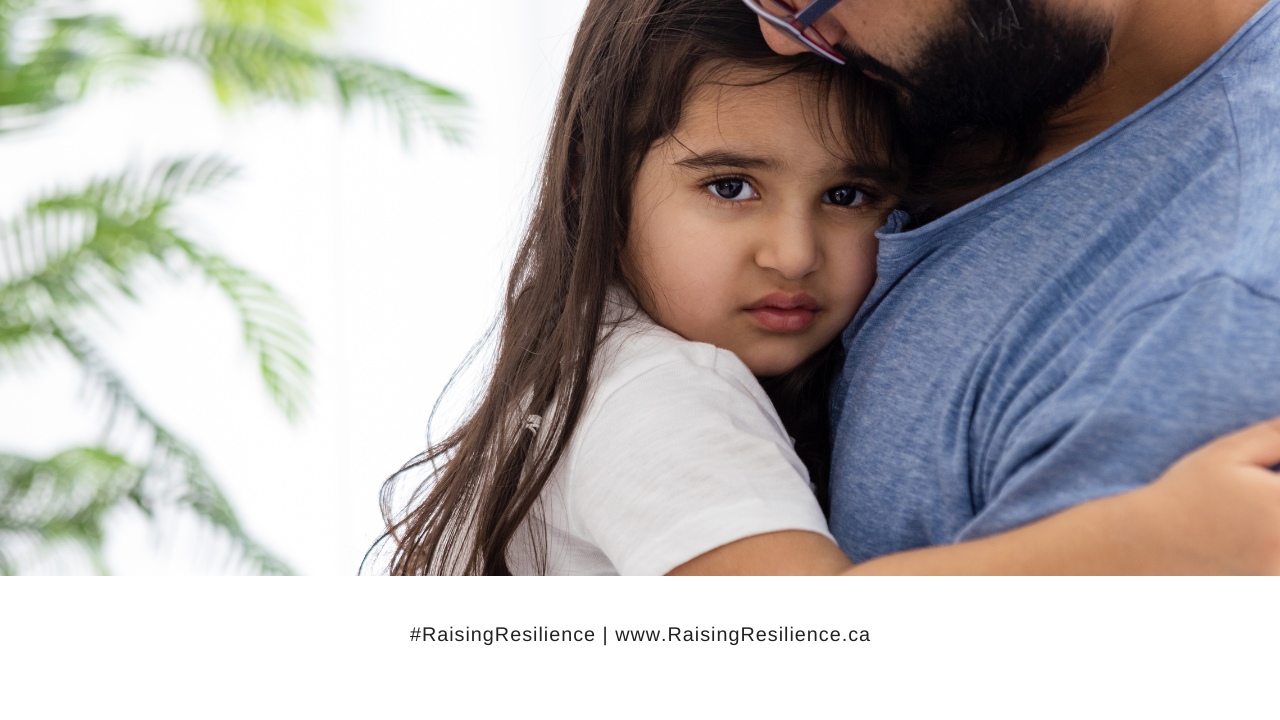Can GABA Help Kids With Separation Anxiety?

Separation Anxiety In Kids - is this normal?
Separation anxiety is a common developmental stage that most children experience, usually between the ages of around six months to three years. After that, it typically eases off but for some kids, it sticks around.
The 6-month-3-year time frame is a time when developmentally kids are typically getting curious about the world around them but still feel a sense of attachment with their parents (hopefully).
It can be a confusing time for the developing nervous system - getting curious and wanting to explore, while also wanting the safety and comfort of mom (or caregiver).
It's a time that requires patience, consistency, and curiosity on the part of parents and caregivers.
Children with separation anxiety tend to become anxious and distressed when separated from their parents or caregivers and may turn to tantrums and crying to express their confusion and distress.
Separation anxiety can show up as physical symptoms too, like headaches and stomach aches.
In its extreme form, it can end up in a "failure to launch" situation - a phenomenon that refers to young adults who struggle to establish a separate and independent life as self-sufficient adults.
But let's go back to separation anxiety in young kids and how GABA can help.
Can GABA Ease The Stress Of Separation Anxiety In Kids?
Separation Anxiety in kids is hard to watch, for sure. And it's hard to know what to do.
Should we force them into a situation that feels scary to them? Or should we keep them close, in our cocoon of safety until they express to us they're ready to venture out?
It's a situation we'll be continually revisited by as our kids grow. But for kids with separation anxiety at any age, GABA can help by replacing anxious, worried feelings with feelings of calm.
It does that by helping kids access their parasympathetic nervous system.
GABA is one of our most abundant inhibitory neurotransmitters that plays a crucial role in regulating the nervous system. It is created in the body from the amino acid Glutamate, with B6 as a critical co-factor.
In children with separation anxiety, there can sometimes be an imbalance in the GABA-Glutamate ratio - with glutamate, an excitatory neurotransmitter, dominating.
Supplying them with supplemental GABA can help calm their nervous system, reducing feelings of fear and distress and even promoting better sleep (which then has a positive trickle-down effect on the stress response).
How To Use GABA With Kids
GABA supplements are available over the counter and can increase GABA levels in the body.
Whether or not supplemental GABA gets into the brain itself is hotly debated. But whether it does or doesn't might not matter. GABA can influence the nervous system - even if we're not yet sure how - and promote a sense of calm and emotional flexibility.
Supplemental GABA has a strong safety profile. GABA acts quickly and if it's not the right supplement for your child, any negative reaction should pass within 24 hrs (1000mg of vitamin C can hurry that along).
Medications that increase GABA activity like benzodiazepines and barbiturates can have side effects and need to be slowly titrated up and down under your doctor's careful watch. Not so with GABA. You can trial GABA to see if it's a good fit.
I suggest starting under 100mg with kids and using a spray or a dissolvable tablet. You can titrate up from there until you see a positive result. If you see any negative effect discontinue use. Comprehensive instructions for how to use GABA and other amino acids with kids are detailed in our Amino Acids (with kids!) Quickstart program.
GABA Support Without Supplements
I find trialing supplemental GABA to see if it eases a child's separation anxiety is reasonable and has minimal downsides. But parents and caregivers can help to increase GABA levels in other ways too.
Teaching them relaxation techniques like deep breathing and meditation, encouraging regular exercise, and making sure they get enough sleep will also support GABA.
Certain probiotics and herbs may also increase GABA levels, though again it's unclear if this increases levels in the brain itself or is influencing mood through the peripheral nervous system or vagus nerve. It might not matter.
Sufficient protein in the diet and good protein digestion are also needed for good GABA levels because GABA is made from the amino acid glutamate, which comes from protein-rich foods.
Is Low GABA Genetic?
It may be that your child has variants in the enzyme responsible for converting Glutamate to GABA - it's called Glutamate decarboxylase or GAD.
The GADs are actually a family of enzymes, but when there are variants there kids can be prone to having high levels of glutamate and low levels of GABA.
Sometimes kids with GAD variants do well with supplemental GABA. Sometimes they feel worse though, because a feedback loop can potentially convert that extra GABA back into glutamate.
If you know your child has variants in the GAD genes, or if you see a worsening of behavior when trying supplemental GABA, try 500mg of L-Theanine instead. This is another over-the-counter amino acid your child's body will use to make GABA. And it seems the risk of that feedback loop creating more glutamate is reduced by using L-Theanine.
The Bottom Line With GABA and Separation Anxiety In Kids
Being nervous when venturing away from the safety of caregivers is a normal developmental stage that requires patience, consistency, and curiosity from parents.
But GABA plays a crucial role in regulating the nervous system, and kids prone to separation anxiety may be low in GABA. Giving them supplemental GABA can promote feelings of calm, relaxation, and emotional flexibility in some cases.
If you're going to try GABA with your child, I recommend starting with under 100mg of liquid or dissolvable GABA and moving up from there until you see a positive effect.






